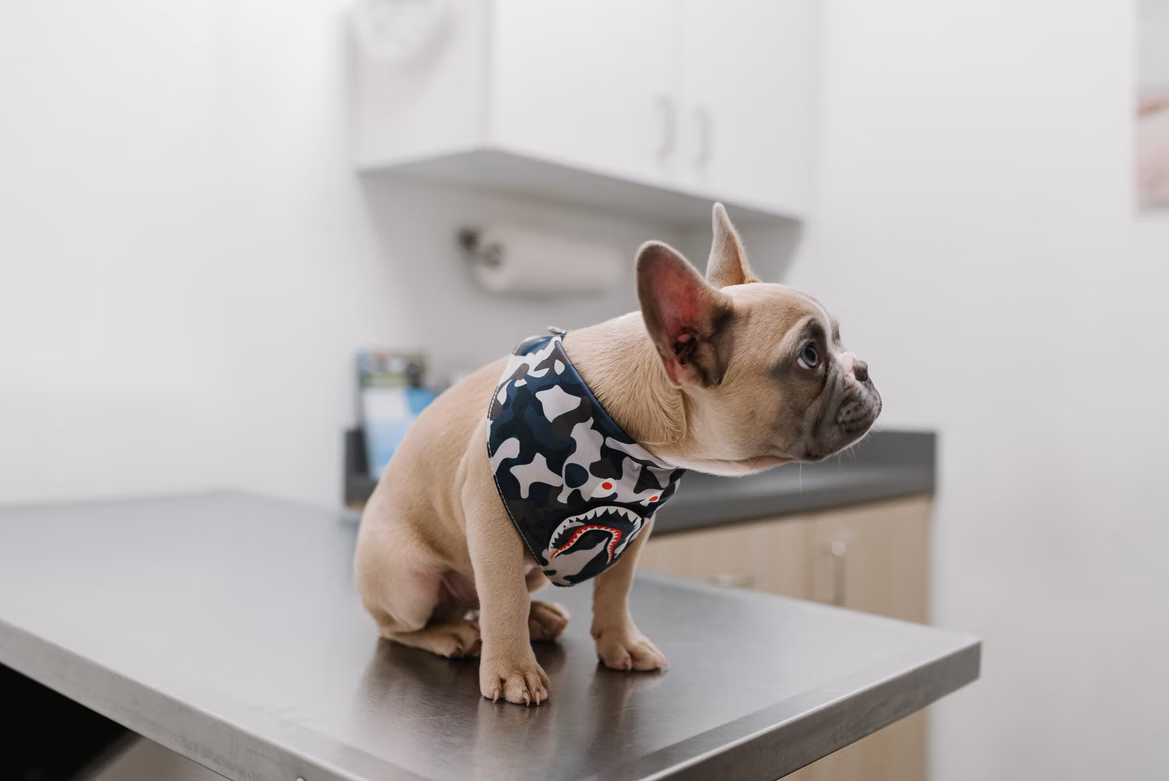Pet insurance is designed to cover the medical expenses of your pet. It can also include coverage for vaccinations, preventive care, and even dental problems. Pet insurance is one way you can protect your furry friends from unexpected health problems that could end up costing a lot of money. However, it’s important to keep in mind the limitations and exclusions that come with this type of policy so you know what you’re getting into before committing!

Vaccinations and Titers
One of the most common types of coverage offered by pet insurance policies is for routine vaccines and vaccinations. Many companies also offer coverage for titer tests, which are blood tests that measure the antibodies your pet has to certain diseases. This can be helpful if you’re considering not vaccinating your pet due to concerns about vaccine side effects. Especially for a puppy or kitten, you have just adopted, vaccinations need to be a part of pet wellness plans because they prevent diseases. These vaccines include rabies, bordetella, and distemper/parvo.
When You Should Vaccinate Your Pet
As a pet owner, it is important to be aware of when your pet should be vaccinated and what the vaccine covers. Pets need to be vaccinated against rabies, distemper, parvovirus, and other diseases. Vaccination schedules vary depending on the age, breed, and health of your pet. It is important to consult with your veterinarian to create a vaccination schedule that is best for your pet. Many pet insurance policies cover vaccinations. However, you should always check with your insurance company to make sure that vaccinations are covered. If they are not covered, you may be able to get a discount on your policy if you vaccinate your pet.
Preventive Care
Preventive care is another popular benefit offered by pet insurance companies. This type of coverage can help you pay for routine things like check-ups, teeth cleanings, and flea/tick/heartworm prevention. It’s important to note that preventive care coverage varies widely from policy to policy, so be sure to read the fine print before buying! Some policies may only cover a certain percentage of the cost while others have no coverage at all. Also, keep in mind that most policies have an annual deductible that must be met before any benefits are paid out.
Dental Care
While dental care is not typically covered by pet insurance, some companies offer it as an add-on or rider to their policies. Dental coverage can help you pay for things like teeth cleanings, x-rays, and extractions. As with other types of coverage, there will likely be an annual deductible that must be met before any benefits are paid out. It’s important to check with your insurance company to see if they offer dental coverage and what the terms of the coverage are. Dental problems are one of the most common reasons people take their pets to the vet. Unfortunately, they can also be one of the most expensive issues to treat. This is why many pet insurance policies include dental coverage. Dental coverage can help pay for things like routine cleanings, extractions, and even braces. Again, the amount of coverage you receive varies from policy to policy, so it’s important to read the fine print before buying.
Bloodwork
Many pet insurance policies also offer coverage for bloodwork. This type of coverage can help you pay for things like routine blood tests, urinalysis, and fecal tests. Like other types of coverage, the amount of coverage you receive varies from policy to policy. It’s important to check with your insurance company to see if they offer bloodwork coverage and what the terms of the coverage are. Routine blood work is an important part of keeping your pet healthy. By getting your pet’s blood work done regularly, you can catch any potential health problems early on. This can save you both time and money in the long run.
Emergency Care
One of the most important benefits of pet insurance is emergency care coverage. Emergency care can help you pay for things like surgery, hospitalization, and even transportation to the nearest veterinary hospital. Emergency care coverage varies widely from policy to policy, so it’s important to read the fine print before buying. Some policies may only cover a certain percentage of the cost while others have no coverage at all. Also, keep in mind that most policies have an annual deductible that must be met before any benefits are paid out. Most pet insurance policies offer some form of emergency care coverage.
Microchipping
Microchipping is another popular benefit offered by pet insurance companies. This type of coverage can help you pay for the cost of having your pet microchipped. Microchipping is a safe and effective way to identify your pet if he or she gets lost. It’s important to note that microchip registration fees are typically not covered by pet insurance policies. So, be sure to factor this into your budget when considering whether or not to get pet insurance. And, as always, be sure to do your research on microchipping, why your pet needs it, and its benefits.
What Does Pet Insurance Not Cover?
As with any type of insurance policy, there are some things that pet insurance policies do not cover. These can include:
- Pre-existing conditions
- Behavioral problems
- Grooming and boarding costs
- Any type of injury or illness that occurred while the pet was in your care
Be sure to read the exclusions section of your pet insurance policy so you know what is and is not covered. This will help you make an informed decision about whether or not pet insurance is right for you. Also, keep in mind that some pet insurance companies offer riders or add-ons to their policies that can provide coverage for things like pre-existing conditions, behavioral problems, and grooming and boarding costs.

So, what does pet insurance cover? As you can see, the answer varies from policy to policy. Pet insurance is a great way to protect your pet and your wallet. By paying a monthly premium, you can rest assured knowing that your pet is covered in the event of an accident or illness. While pet insurance does not cover everything, it can help you pay for many of the unexpected costs associated with owning a pet.

![Best Cheap Dog Foods - our Top 10 Picks of High Quality Brands That Are Still Affordable [Under $1 per pound!] in 2023 Best Cheap Dog Foods - our Top 10 Picks of High Quality Brands That Are Still Affordable [Under $1 per pound!] in 2023](https://shihtzuexpert.com/wp-content/uploads/2018/01/Best-Cheap-Dog-Food-Featured-image.png)
![10 Best Dog Crates for Separation Anxiety [High anxiety dog crates 2019 Reviews] 10 Best Dog Crates for Separation Anxiety [High anxiety dog crates 2019 Reviews]](https://shihtzuexpert.com/wp-content/uploads/2019/05/5-3.jpg)
![Custom shape wireless dog fence [Electric Fencing and Electric Barrier Systems] Custom shape wireless dog fence [Electric Fencing and Electric Barrier Systems]](https://shihtzuexpert.com/wp-content/uploads/2019/07/Custom-Shape-Wireless-Dog-Fence-Review.png)
